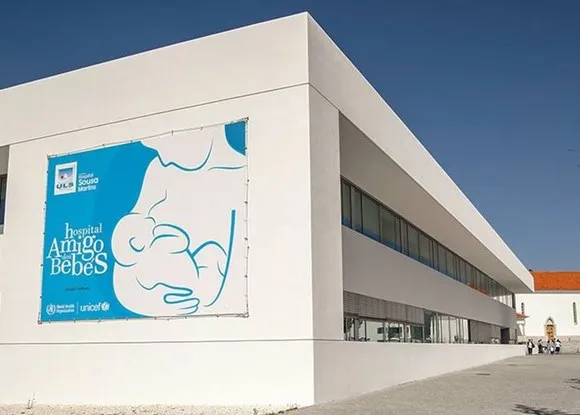Local Health Unit of Guarda

Local Health Unit of Guarda
Local Health Unit of Guarda
The Local Health Unit of Guarda (ULSG), a public corporate entity, was established on October 1, 2008, through Decree-Law No. 183/2008, dated September 4. It integrates two hospitals (Hospital Sousa Martins, Guarda, and Hospital Nossa Senhora da Assunção, Seia) and 13 Health Centers (Almeida, Celorico da Beira, Figueira de Castelo Rodrigo, Fornos de Algodres, Gouveia, Guarda, Manteigas, Meda, Pinhel, Sabugal, Seia, Trancoso, and Vila Nova de Foz Côa). Hence, in the District of Guarda, only the municipality of Aguiar da Beira is not part of the ULSG.
The ULSG's mission is to provide integrated primary, hospital, palliative, and convalescent care to the population within its area of influence, actively involving the surrounding community to enhance health and well-being levels. Additionally, it ensures public health operational activities and the necessary resources for health authority competencies in the geographic area it covers, as well as activities in research, training, and education.
Its vision is based on recognition by users, employees, and other entities as an organization that provides high-quality responses to the health needs of its users throughout their lives, adhering to strict principles of efficiency and responsibility in economic, financial, social, and environmental aspects.
The ULSG has a common reference point centered on the citizen, the reconciliation of health strategies (regional and national), and the optimization of available resources.
Guided by a culture of personalized and excellent care, its objectives are:
- To promote health gains by providing continuous and effective services with added value;
- To ensure the provision of excellent healthcare to all users;
- To prevent illness and promote health through a greater focus on prevention, early diagnosis and treatment, and patient education;
- To achieve full integration of care in its organizational, clinical, administrative, financial, IT, regulatory, and systemic dimensions;
- To adopt a holistic approach to care provision that is shared and recognized by employees, partners, and users;
- To ensure easy access for patients to appropriate healthcare in a timely manner;
- To align the healthcare offerings with the population's needs;
- To provide professionals with continuous training to improve care performance and foster career progress and professional fulfillment;
- To enhance an internal culture focused on acquiring cross-functional skills and teamwork;
- To develop education and scientific research.
- Scientific research, biomedical innovation projects, and clinical studies are crucially important for improving care quality by discovering and granting early and free access to innovative therapies that meet patient needs and well-being, enhance best practices, develop research methodologies, and share scientific knowledge associated with greater efficiency, sustainability, and prestige of the institution. They contribute decisively to society and the nation's economy.
Encouraging research and the development of clinical studies is a key development vector for the ULSG and part of its mission.
The Research Unit, created to foster research and development, coordinates clinical and scientific investigations conducted at ULSG. Directly under the Administration Council, it is integrated within the Knowledge Management Area and includes the Clinical Trials Office.
The Clinical Trials Office supports the operationalization of clinical studies and is responsible for their coordination. To sustain its activities, a protocol was signed with BlueClinical.